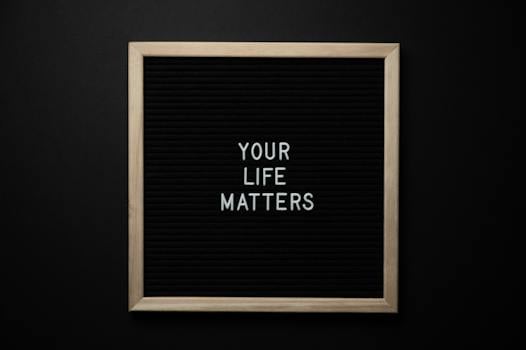
Understanding PTSD: How Post-Traumatic Stress Disorder Impacts Your Life and Well-Being
The Invisible Wounds: Understanding the Impact of PTSD on Our Lives
The Invisible Wounds: Understanding the Impact of PTSD on Our Lives
The Shadows of Trauma: An Introduction to PTSD
In the quiet corners of our minds, there are shadows. Some are fleeting, wisps of thoughts and memories that come and go. Others, however, are darker, deeper, and more insidious. These are the shadows cast by trauma, the invisible wounds that can shape our lives in ways we never imagined. Today, we delve into the world of Post-Traumatic Stress Disorder (PTSD) and its profound impact on our lives.
The Unseen Battle: Living with PTSD
Imagine walking down the street on a sunny day. Suddenly, a car backfires. Instead of a momentary startle, you're thrust back into a terrifying moment from your past. This is not a simple flashback; this is PTSD. It's an uninvited guest that barges into your life and refuses to leave, affecting your daily life, relationships, and perception of the world.
Mental Health and PTSD: A Vicious Cycle
One of the most debilitating aspects of PTSD is its impact on mental health. It's like living in a constant state of hyper-vigilance, always on edge, always waiting for the other shoe to drop. This chronic anxiety can lead to depression, creating a vicious cycle that's hard to break.
The Physical Toll: How PTSD Affects the Body
PTSD also impacts physical health. The constant state of stress and anxiety can lead to physical symptoms such as headaches, stomach issues, and insomnia. It can also contribute to chronic conditions like heart disease and diabetes.
Relationships and PTSD: Living in a Bubble
The impact of PTSD extends to relationships as well. It's like watching life through a distorted lens, where everything seems threatening and no one truly understands what you're going through.
Coping with PTSD: Seeking Help and Finding Strength
But here's the thing about PTSD - it doesn't define you. There are ways to manage PTSD and reclaim your life. Therapy, medication, and self-care strategies can help you cope with symptoms and gradually heal your invisible wounds. Remember, seeking help is not a sign of weakness; it's a testament to your strength.
Conclusion: Stepping Out from the Shadows
In the end, PTSD is a part of our journey, a chapter in our life story. It's a battle scar, a testament to our resilience. And as we navigate through it, we learn, we grow, and we become stronger. Because that's the thing about shadows - they only have power over us if we let them. And we, my friends, are stronger than our shadows.
